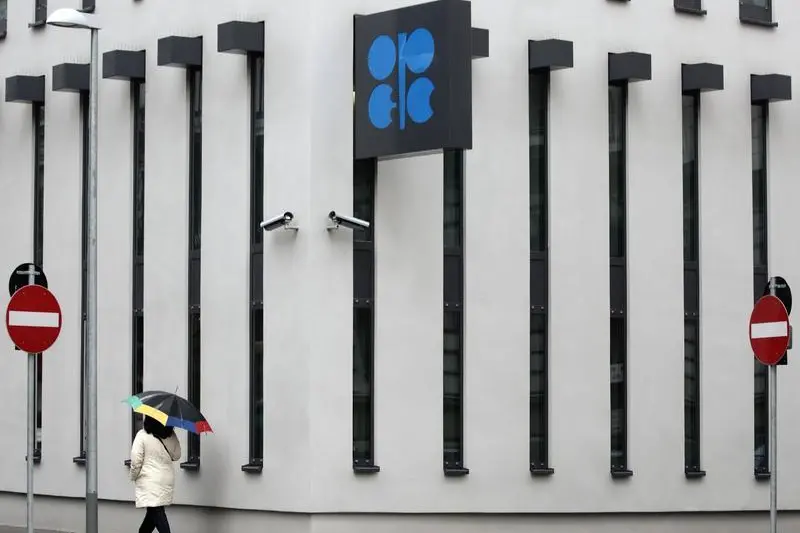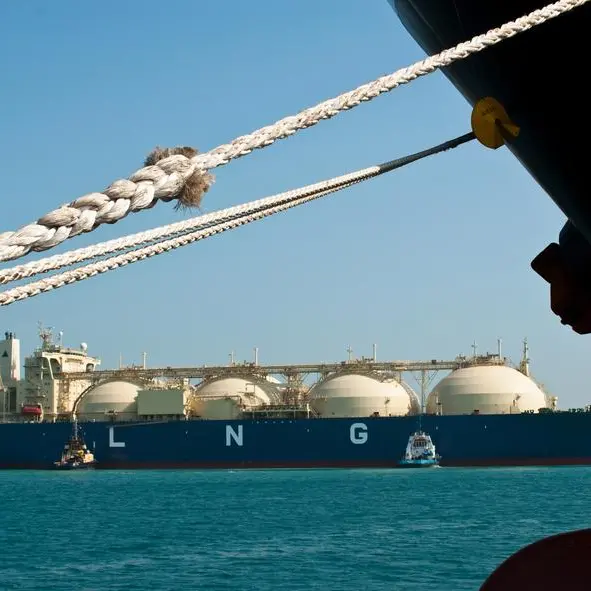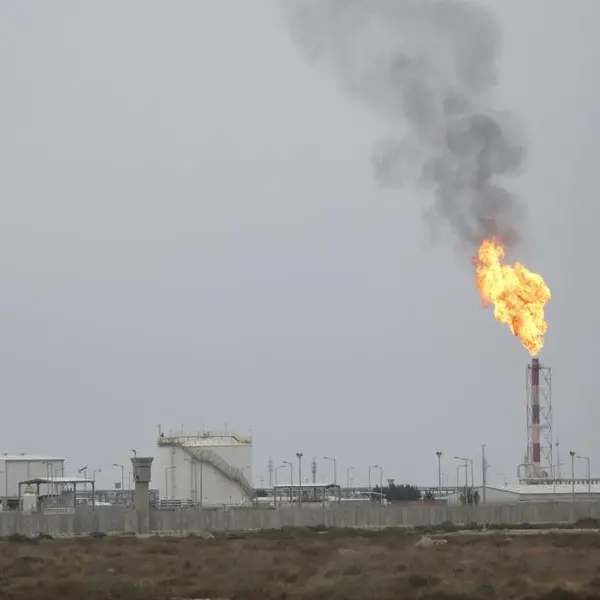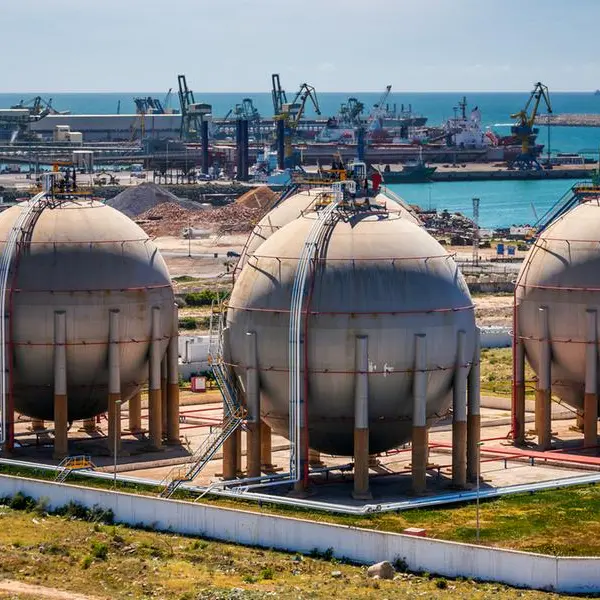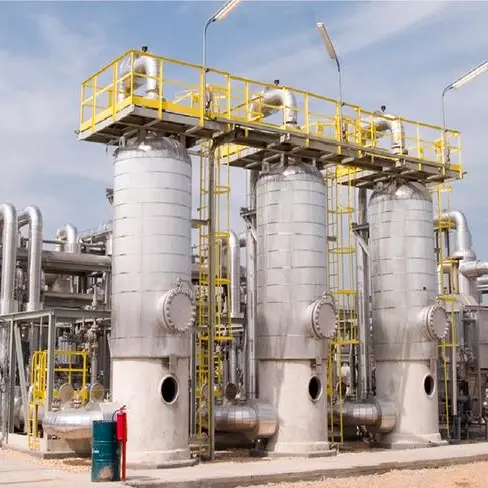PHOTO
ST PETERSBURG: OPEC+ can pause or reverse oil production increases if the market weakens, the Saudi energy minister said on Thursday, adding he disagreed with the bearish view of U.S. bank Goldman Sachs of OPEC+'s deal on Sunday.
Goldman Sachs declined to comment.
Some OPEC+ members, including Russia, agreed on Sunday to phase out voluntary cuts of 2.2 million barrels per day over a year beginning from October. OPEC+ also agreed to maintain other cuts amounting to 3.66 million bpd until end-2025.
Oil has declined this week, with benchmark Brent crude touching a four-month low below $77 a barrel on Tuesday, although on Thursday prices had recovered to around $79.
Many analysts said the meeting was bearish for oil prices as it called for boosting supply. Goldman Sachs was one of the first to issue a short, two-page report on June 2, headlined "Bearish phase out of extra voluntary cuts".
Speaking at Russia's Economic Forum in St Petersburg, which he attended along with a number of other top ministers and officials from OPEC+, Saudi Energy Minister Prince Abdulaziz bin Salman said Goldman Sachs had used incorrect figures to come to its conclusions.
He did not specify exactly which figures were incorrect.
"I've counted that, in the two pages, seven times they mentioned bearish, bearish, bearish. Worse, technically worse and professionally worse, they have put numbers that are wrong," he said.
Prince Abdulaziz said OPEC+, which groups the Organization of the Petroleum Exporting Countries and allies including Russia, can pause or reverse production increases if it decides the market is not strong enough.
"It's a year and a half agreement, it has all the mechanics, some of the mechanics are not new, we have also exercised it before... Especially this issue of pausing or reversing," he added, referring to the previous practices when OPEC+ paused on releasing more oil.
'MISINTERPRETATION'
Russian Deputy Prime Minister Alexander Novak said the group might adjust the deal if necessary, adding that the post-meeting price drop was caused by misinterpretation of the agreement and "speculative factors".
"We are ready to react quickly to market uncertainties," Novak told the same panel of speakers.
OPEC Secretary General Haitham Al Ghais told the same briefing demand for oil was strong, citing a rebound in travel.
Sunday's meeting was held online, but eight OPEC+ members which have been making voluntary cuts met in person in Riyadh.
"I would call them the 'Great 8'," UAE Energy Minister Suhail Al Mazrouei said at the forum, referring to his country, Saudi Arabia, Russia, Algeria, Kazakhstan, Kuwait, Oman and Iraq.
The UAE received a higher output target as part of Sunday's agreement to reflect its efforts to boost production capacity. The issue of quotas is controversial for OPEC+ and last year prompted Angola to leave the group.
Novak said Russia was working on establishing its oil production capacity by autumn 2025. OPEC+ on Sunday postponed discussions on output capacity until November 2025.
"It's a difficult issue," Novak said. (Reporting by Vladimir Soldatkin and Olesya Astakhova; additional reporting by Yousef Saba, writing by Maxim Rodionov and Alex Lawler; editing by Jason Neely, Jan Harvey and Dmitry Zhdannikov)
